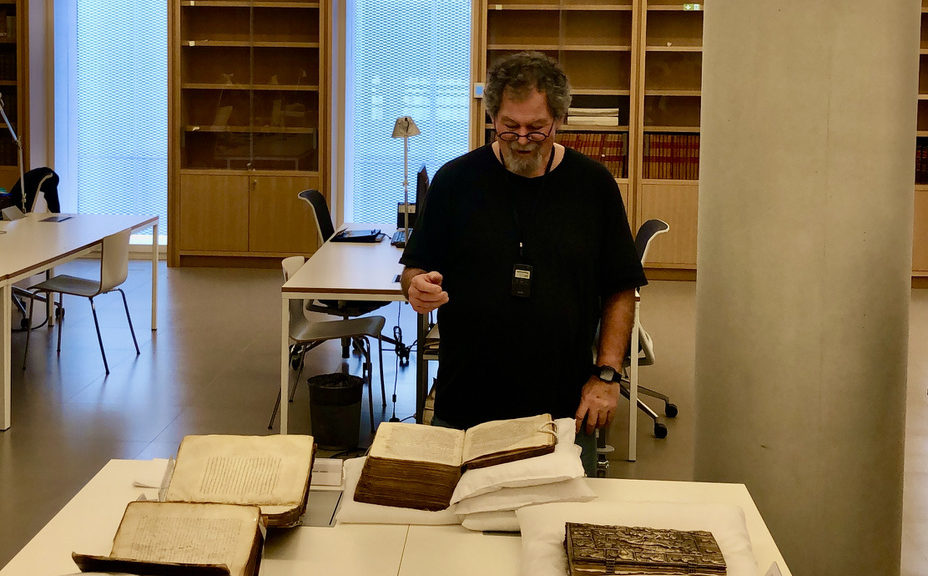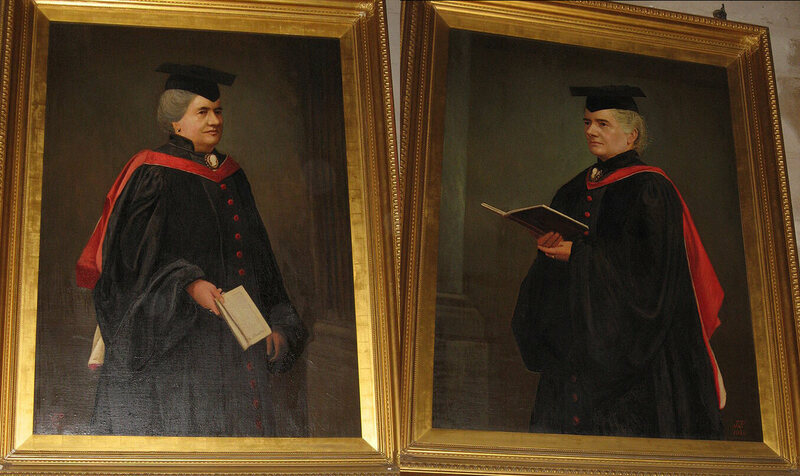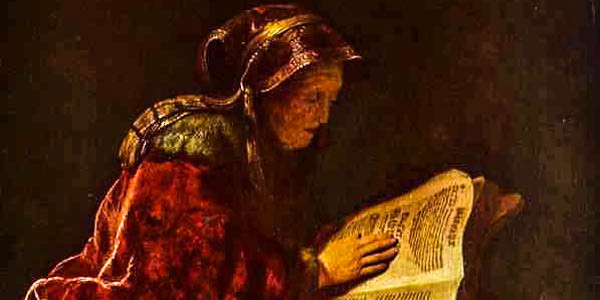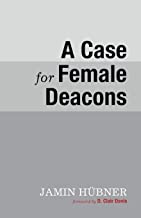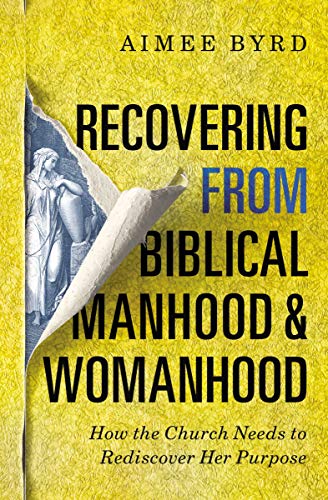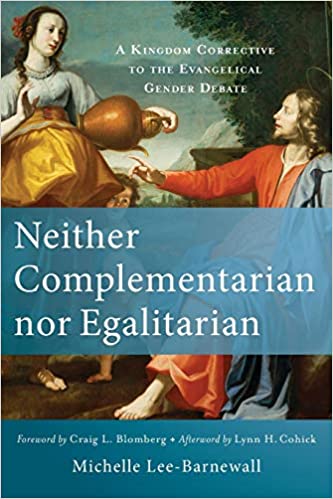In Church Leadership: Where Are the Women?
“When my daughter was in fifth grade, we visited my home church in Oakland, it was communion Sunday, and the preacher—male—got up and preached the sermon, then after the sermon, 12 men in their dark suits came forward to serve communion. And my daughter—fifth grade—leans over to me and she says, “Dad, where are the women?”

